Faculty
The European Studies courses are taught by distinguished scholars with international teaching experience. The faculty consists of tenured professors from the University of Vienna as well as professors from other renowned universities and leading experts from institutions such as the Austrian Central Bank and the EU Commission.
The German language courses are taught by native speakers who studied to become German instructors with a special education in teaching German as a foreign language.
I have never met such experienced professors in my life before."
Mirgul Karimova (Kyrgyzstan)
Nikolaus Forgó
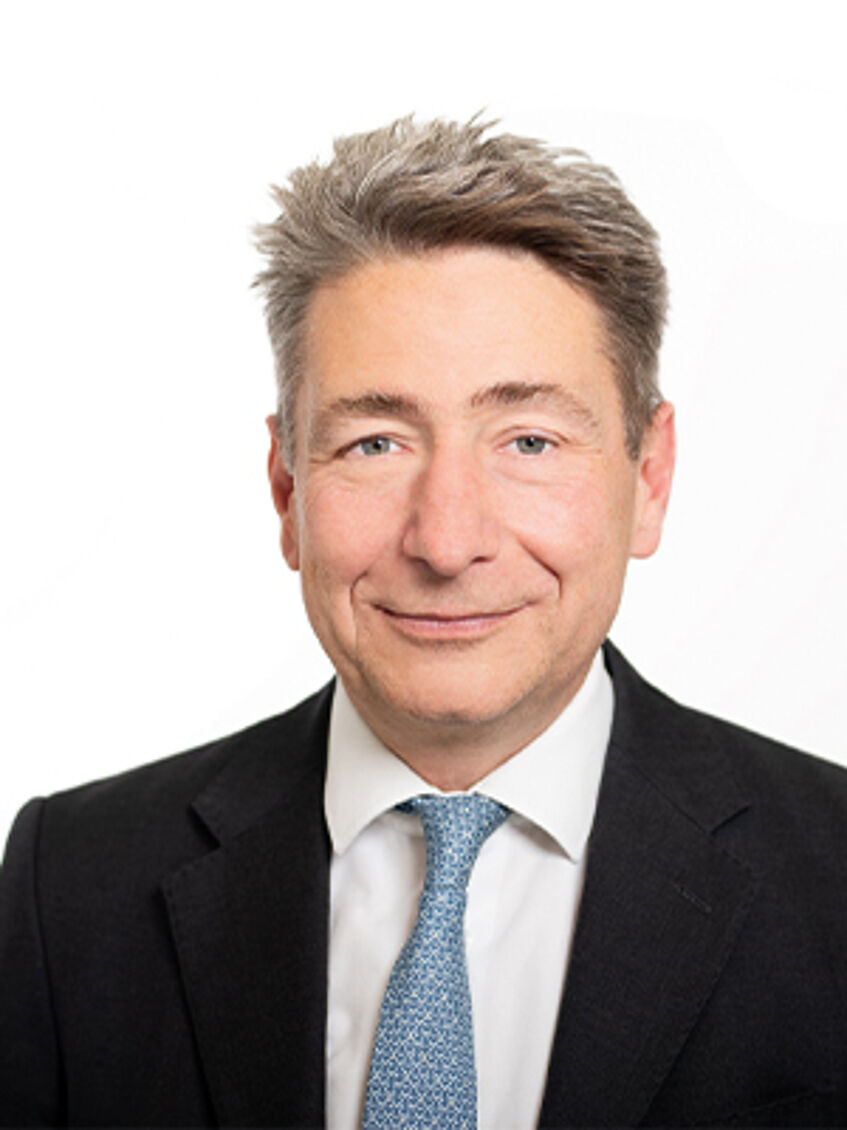
Nikolaus Forgó (© Barbara Mair)
Nikolaus Forgó
Professor of Law, Head of Department of Innovation and Digitalisation in Law, University of Vienna; head of the LLM-program on information and media law at the University of Vienna; expert member of the Austrian Data Protection Board and the Austrian AI Advisory Board.
Selected Publications: together with Prainsack B.: Why paying individual people for their health data is a bad idea comment. in: Nature Medicine (2022 October); co-author of: White Paper: Data Solidarity. The Lancet & Financial Times Commission (2022); together with Hutter K. and Serentschy G.: Überlegungen zu einer Digital Policy und Regulierung aus einem Guss: Welche Governance braucht Österreich auf dem Weg zur Innovationsführerschaft? (2023); co-author of: Big Data, AI, and Health Data: between National, European, and International Legal Frameworks. in: Zwitter A., Gstrein O., Hrsg.: Handbook on the Politics and Governance of Big Data and Artificial Intelligence (2023); together with Prainsack B.: New AI regulation in the EU seeks to reduce risk without assessing public benefit. In: Nature Medicine (2024 May); co-author of: A national evaluation analysis and expert interview study of real-world data sources for research and healthcare decision-making. in: Nature (2024 April).
Raphaela Freudenberger
Raphaela Freudenberger
Studied Slavic studies at the University of Vienna and the Russian State University for the Humanities, in Moscow; studies Russian and German philology at the University of Vienna with a focus on German as a foreign language; taught German at the University of Belgrade in Serbia; currently teaching German at the Language Center of the University of Vienna.
Michelle Glassman Bock
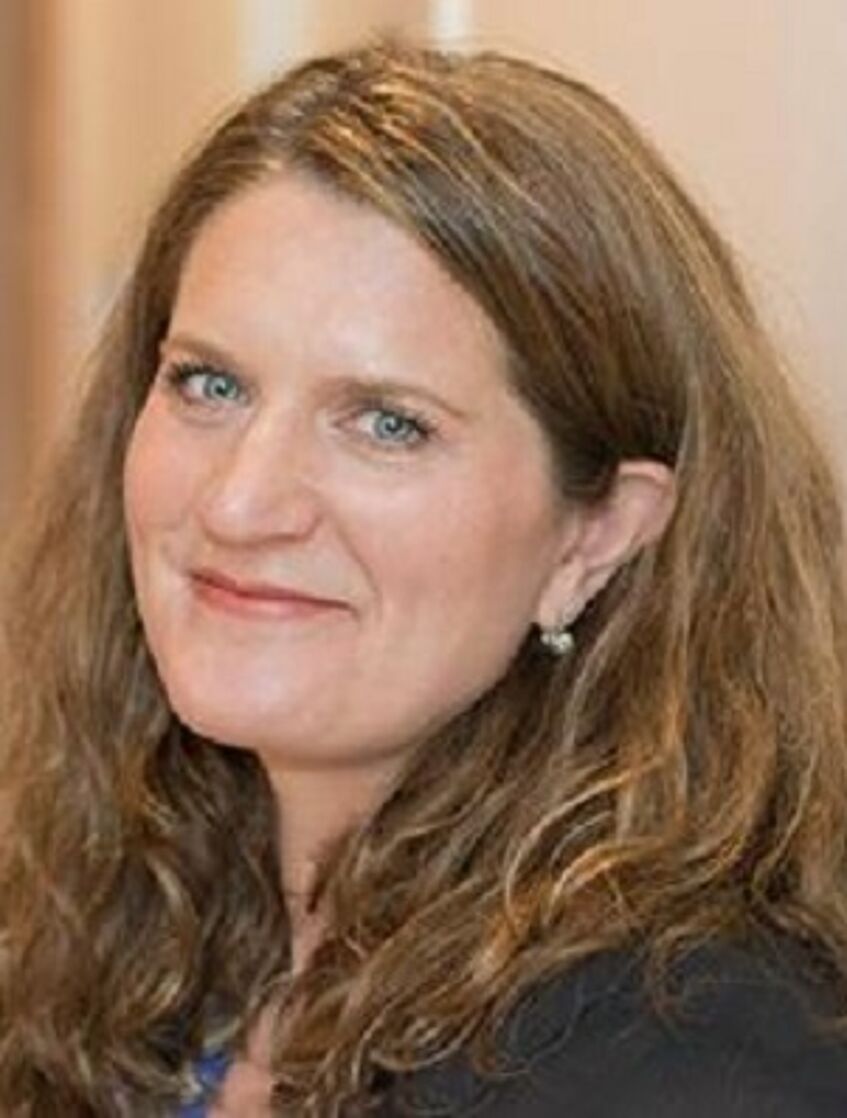
Michelle Glassman Bock (© Squire Patton Boggs)
Michelle Glassman Bock
Partner in Squire Patton Boggs’s International Dispute Resolution Practice; Lecturer on International Litigation and Arbitration in the LLM program at Université Libre de Bruxelles; Featured in "Who's Who Legal: Arbitration 2017-2021" and recognized as a Gobal Leader in "Who's Who Legal: Arbitration" 2021-2022 and "Who's is Who Legal: Energy - Oil & Gas" 2022.
Selected Publications: The Adjustment Phase in Gas and LNG Price Arbitrations (2020); Third-Party Funding in International Arbitration in Wilhelmi, R., Stürner, M. (eds.) Mehrparteienschiedsverfahren Juridicum Schriften zum Unternehmens- und Wirtschaftsrecht, Spring (2021); Flexibility from Uncertainty, in LNG Industry (August 2022); The Evolution of Natural Gas Price Review Arbitrations, in The Guide to Energy Arbitration, Global Arbitration Review (2022); Force Majeure Issues in Today's Gas Market, in Global Arbitration Review (July 2022); Gas Payment Issues in Europe: What Are the Next Steps? in Global Arbitration Review (2022).
Ernest Gnan
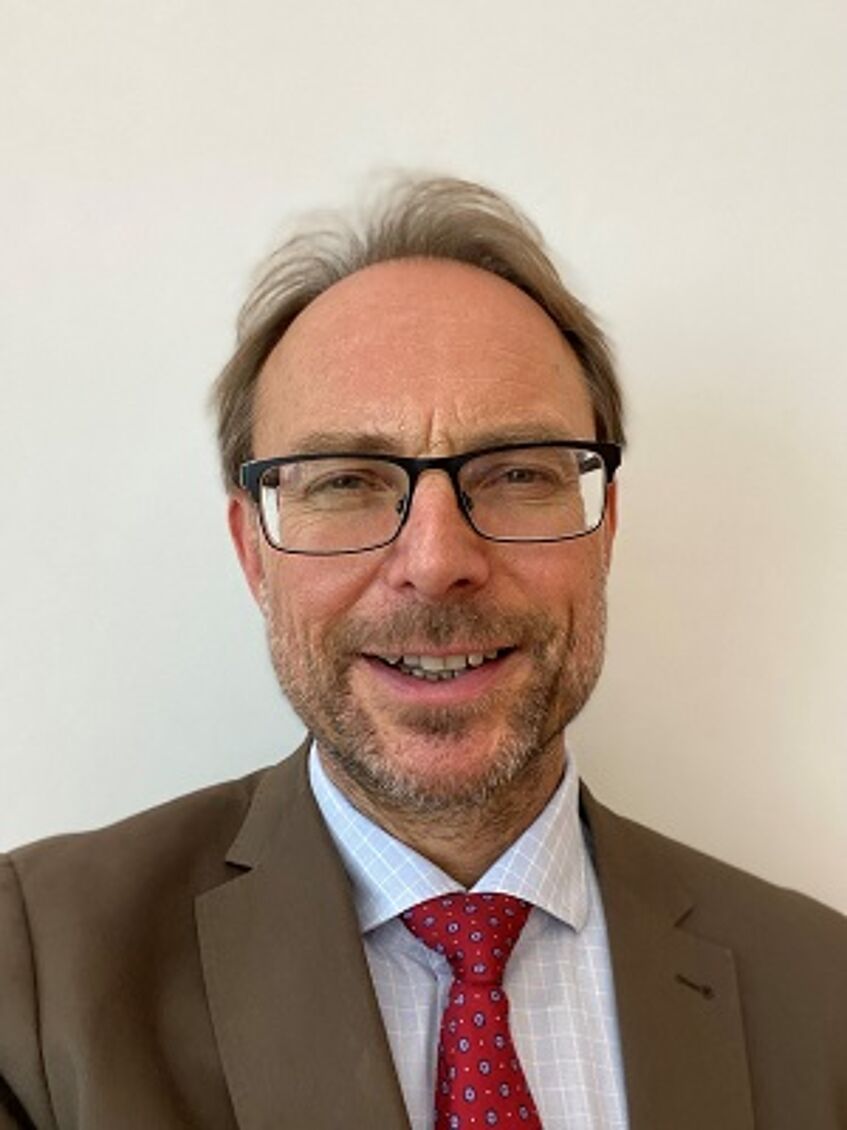
Ernest Gnan
Ernest Gnan
Secretary General, SUERF – The European Money and Finance Forum; Honorary Economic Advisor to the Governor of the Oesterreichische Nationalbank; head of the OeNB’s Economic Analysis Division between 1999–2022; member of the European Central Bank’s Monetary Policy Committee from 2000–2022, and for over a decade expert member of the Austrian Fiscal Council; between 2010–2018 alternate member of the Austrian Competition Commission; giving numerous lectures on macroeconomics, monetary policy, EMU, European integration, and the financial and sovereign debt crisis; for several years adjunct professor at Webster University Vienna and lecturer at the German Association for Financial Analysts; since 2005, lecturer at the University of Vienna, and since 2006 lecturer at the Austrian Academy of Accountants; in 2019, awarded the title Professor by the President of the Republic of Austria in recognition of his contributions to science and research.
His publications cover monetary policy; central banking; inflation and inflation expectations; macroeconomic imbalances; financial markets, banking and financial regulation; globalisation; economic growth; economic, institutional and legal aspects of EMU; exchange rate policy, the European and international monetary system, banking and finance.
Florian Haid
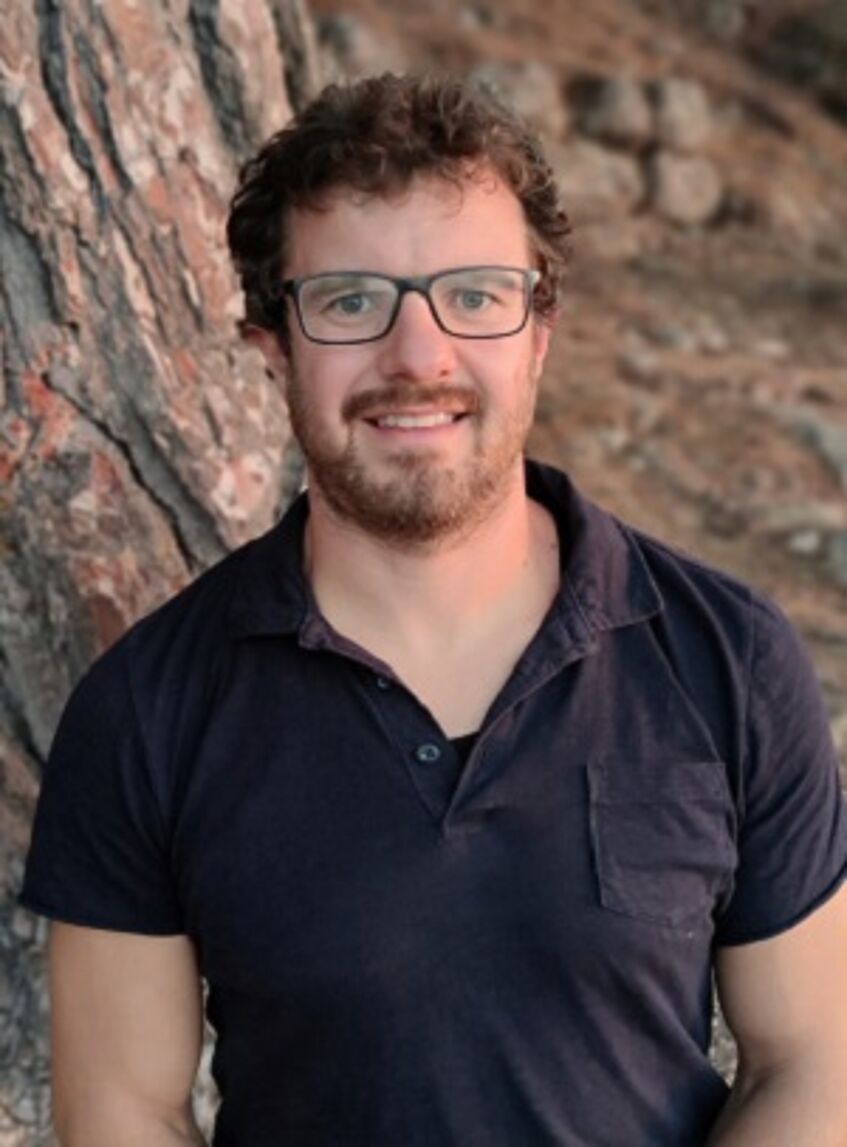
Florian Haid
Florian Haid
Dipl.-Kfm., B.Sc., B.Sc. Hons; high school teacher for math and natural sciences in Basel; coaches pupils for high school exam; certified climbing and table tennis instructor; badminton, tennis and volleyball trainer; inventor of "Floletics" fitness and certified fitness coach; nutritional advisor and personal coach; former player in first division men’s volleyball in Aberdeen; active player in table tennis and badminton league; teaching experience in Germany, Austria and Switzerland.
Christian Koller
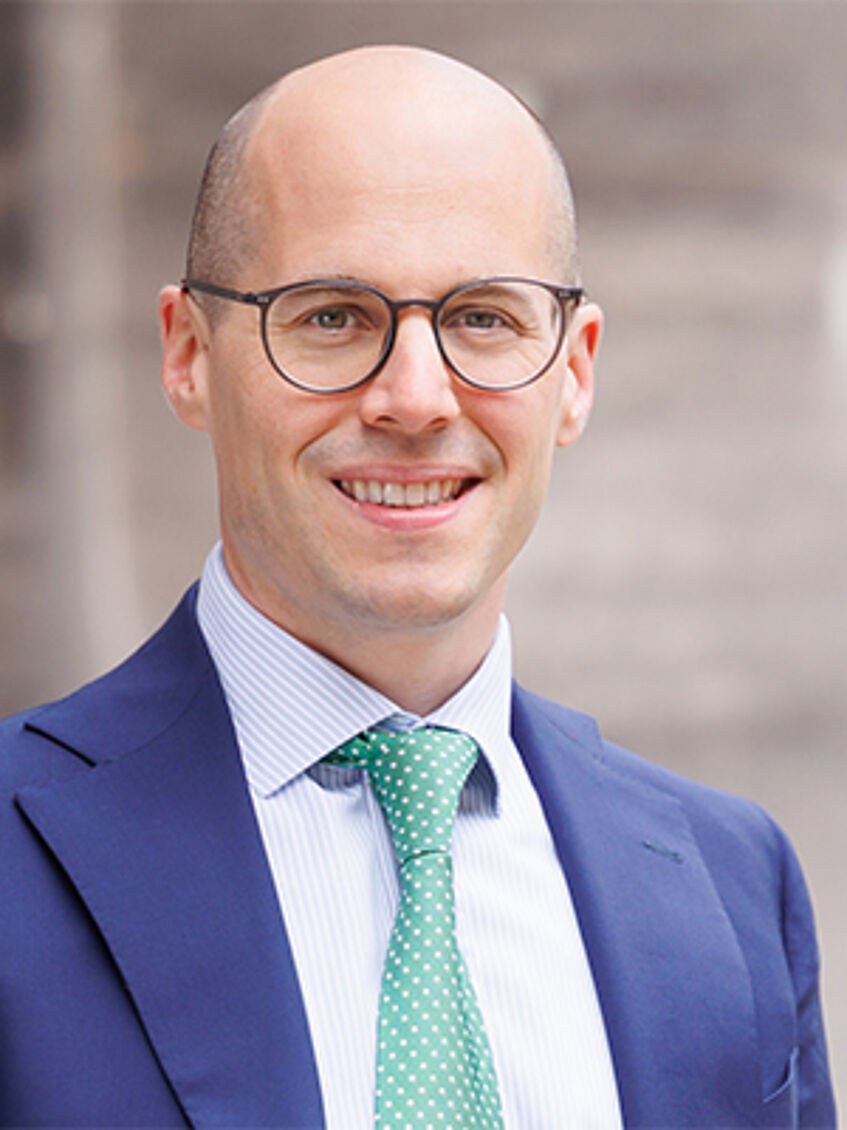
Christian Koller (© Joseph Krpelan)
Christian Koller
Professor at the University of Vienna; former professor at the University of Innsbruck; held a position as a Post-Doctoral Researcher and Erwin-Schrödinger-Fellow at the University of Zurich from 2009 to 2011; specializes in international commercial arbitration and litigation; main areas of interest include domestic and international civil procedure and its interfaces with private law, international insolvency law, conflict of laws and comparative law.
Christian W. Konrad
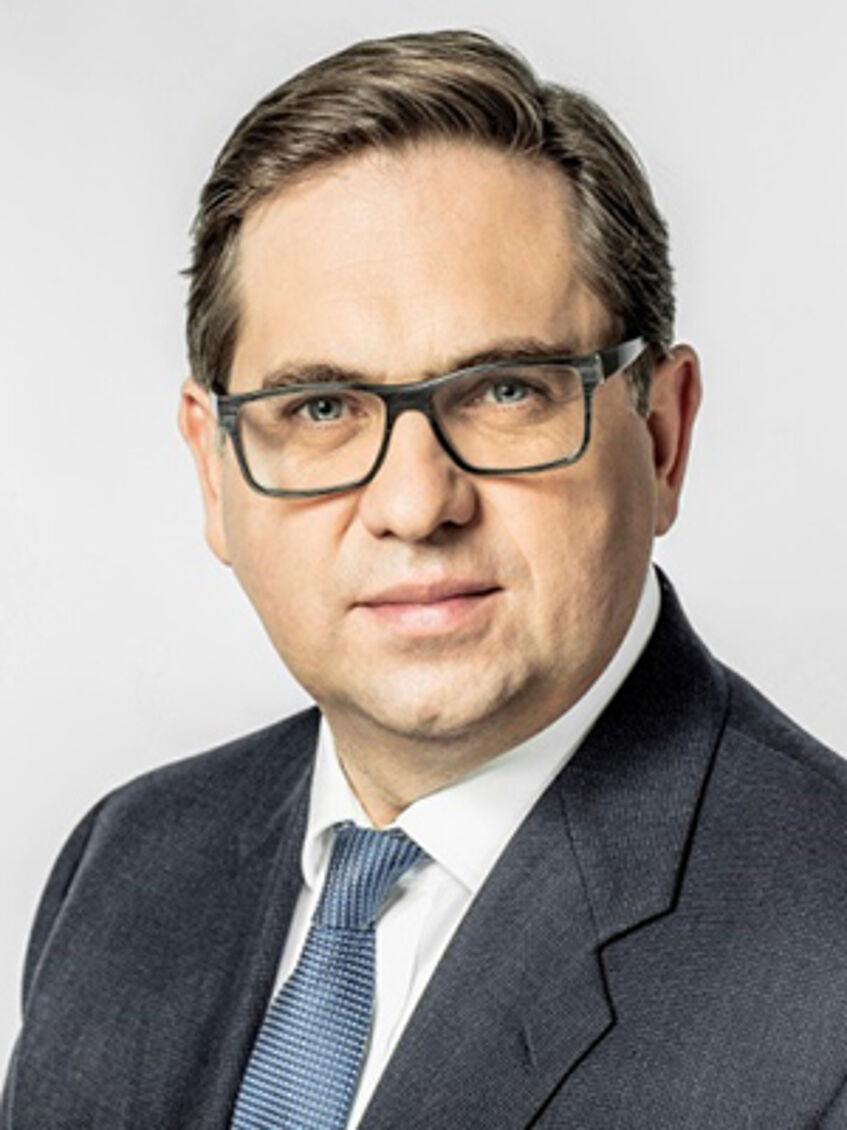
Christian Konrad (© Christian Postl)
Christian W. Konrad
Founding and managing partner of Konrad Partners; Austrian Attorney at Law (Rechtsanwalt), Solicitor (England & Wales), Euroadvokat (Czech Republic and Slovak Republic); immediate past Vice-President of the Kosovo Permanent Tribunal of Arbitration; Chartered Arbitrator at the Chartered Institute of Arbitrators; specializes in commercial and investment arbitration; has extensive experience with arbitral practice, procedure and advocacy both in civil and common law systems; regularly acts as counsel and as arbitrator in ad-hoc and institutional arbitrations; regularly advises clients on the protection of their investments with a focus on Central and Eastern Europe and on the enforcement of arbitral awards and court judgments; member of the panels of various arbitration institutions worldwide; member of the ICC Commission on Arbitration and ADR; member of the ICC Taskforce “Addressing issues of corruption in international arbitration”; co-founding member of the Young Austrian Arbitration Practitioners (YAAP).
Author of numerous publications in the field of arbitration and investment protection.
Ursula Kriebaum
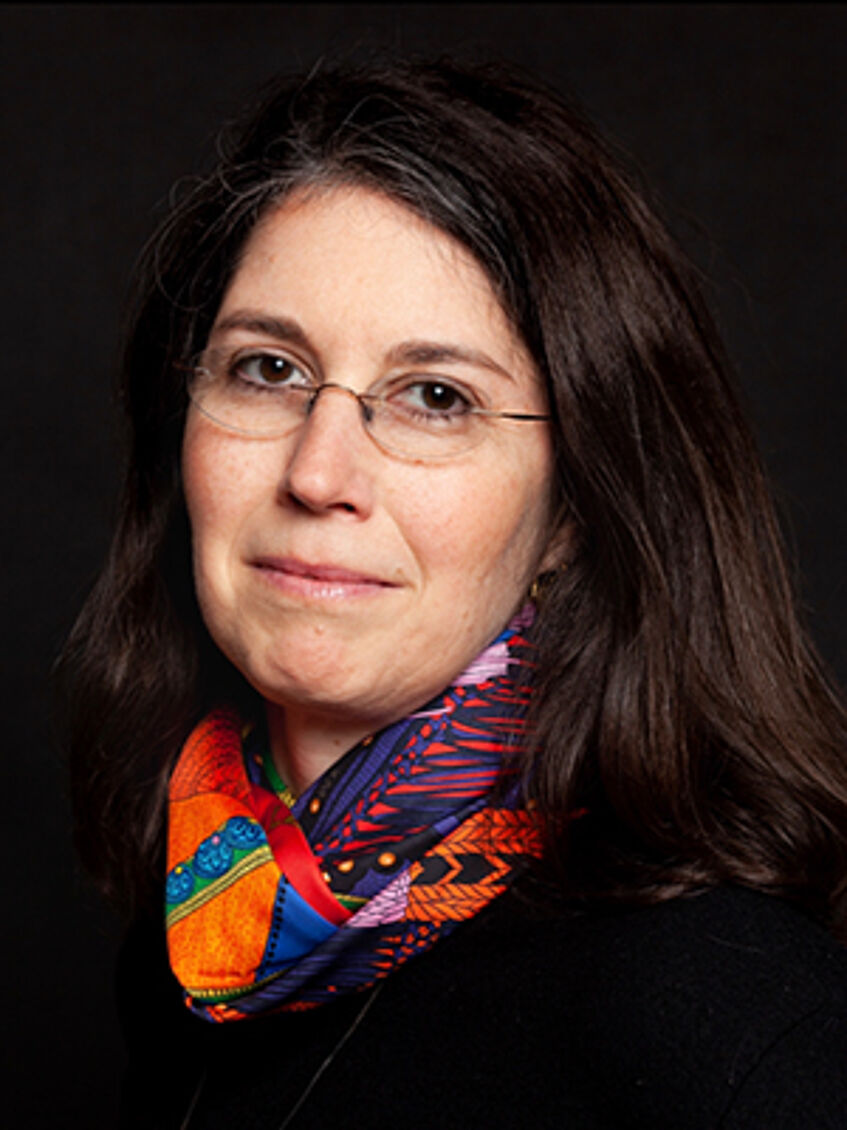
Ursula Kriebaum (© Marlene Rahmann)
Ursula Kriebaum
Professor of Public International Law at the University of Vienna; staff member in the office of the legal adviser of the Austrian Ministry of Foreign Affairs (2000, 2001); legal expert in the team of the Austrian Special Envoy for Holocaust Restitution Issues (2000, 2001); delegate to the UN Preparatory Committee for an International Criminal Court; short term expert in an EU Twinning Project; nomination by the Austrian government for the election of the Austrian judge to the European Court of Human Rights election in 2007; legal expert in various investment arbitrations and human rights cases; member of the Permanent Court of Arbitration (since 2014); member of the Panel of Arbitrators under the Agreement on the Withdrawal of the United Kingdom of Great Britain and Northern Ireland from the European Union; member of the Panel of Conciliators maintained by the International Centre for Settlement of Investment Disputes; alternate member of the Court of Conciliation and Arbitration within the OSCE (since 2013); member of the Arbitration panel for the Protocol on Cultural Cooperation to the Free Trade Agreement between the European Union and its Member States and the Republic of Korea.
Selected Publications: Folterprävention in Europa. Die Europäische Konvention zur Verhütung von Folter und unmenschlicher oder erniedrigender Behandlung oder Bestrafung (2000); Eigentumsschutz im Völkerrecht. Eine vergleichende Untersuchung zum internationalen Investitionsrecht sowie zum Menschenrechtsschutz (2008); together with R. Dolzer and C. Schreuer: Principles of International Investment Law (2022) as well as several articles on International Human Rights Law and International Investment Law.
Sylvia Kritzinger
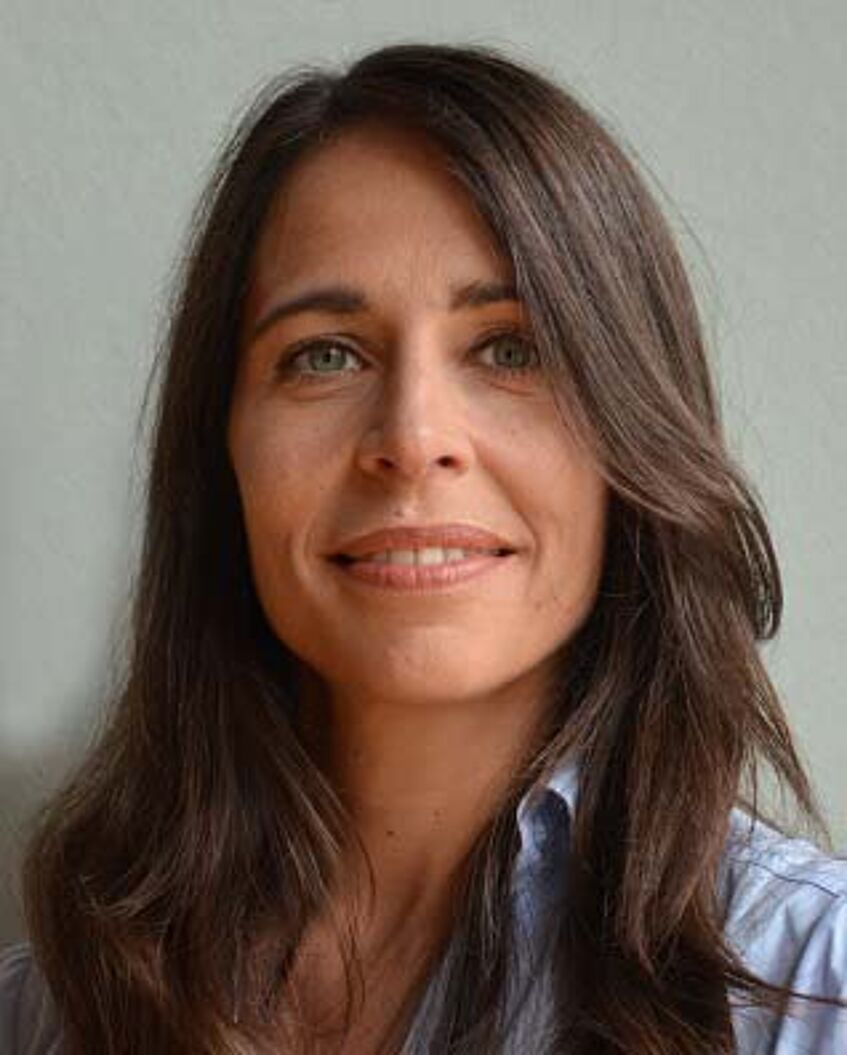
Sylvia Kritzinger (© SHS)
Sylvia Kritzinger
Professor for Methods in the Social Science at the Department of Government (University of Vienna); Director of the Research Centre Vienna Centre for Electoral Research (VieCER); Principal Investigator of the Austrian National Election Study (AUTNES - Demand Side); Project Director of Digitize! Computational Social Sciences in the Social and Digital Transformation and the Research Network Interdisciplinary Research into Values; former Assistant Professor at the Institute for Advanced Studies (IHS-Vienna); former Lecturer at the Department of Political Science, Trinity College, Dublin.
Selected Publications: together with W. Lutz and V. Skirbekk: The Demography of Growing European Identity (2006); together with M. Wagner and D. Johann: Voting at 16: Turnout and the Quality of Vote Choice (2012); together with J. Aichholzer, M. Wagner and E. Zeglovits: How has radical right support transformed established political conflicts? The case of Austria (2013); together with S.A. Banducci and H. Giebler: Knowing More from Less: How the Information Environment Increases Knowledge of Party Positions (2017); together with D. Johann, K. Kleinen-von Königslöw and K. Thomas: Intra-Campaign Changes in Voting Preferences: The Impact of Media and Party Communication (2018); together with C. Plescia, K. Raube, J. Wilhelm and J. Wouters: Assessing the 2019 European Parliament Elections (2020); together with J. Partheymüller and C. Plescia: Misinformedness About the European Union and the Preference to Vote to Leave or Remain (2022); together with T. Bernauer, D. Jahn, P.M. Kuhn and S. Walter: Einführung in die Politikwissenschaft (2022).
Claudia Kwapil

Claudia Kwapil (© Oesterreichische Nationalbank)
Claudia Kwapil
Studied economics in Vienna (Mag.a from the University of Vienna, 1997) and in London (MSc from the London School of Economics and Political Science, 2002) and finished her PhD at the University of Economics and Business in Vienna in 2011; currently she holds the position of a Senior Principal Economist at the Monetary Policy Section and Cousel to the Board of the Oesterreichische Nationalbank (Central Bank of Austria); her fields of interest include monetary policy transmission, monetary policy implementation and nominal rigidities (rigid interest rates, rigid wages, rigid prices).
Selected Publications: together with S. Fabiani et al.: Wage Rigidities and Labor Market Adjustment in Europe, In: Journal of the European Economic Association, 8 (2010); together with J. Scharler: Expected Monetary Policy and the Dynamics of Bank Lending Rates, In: International Review of Economics and Finance, 27 (2013); together with K. Rieder: The effects of the monetary policy response to the COVID-19 pandemic: preliminary evidence from a pilot study using Austrian bank-level data, In: Monetary Policy & the Economy Q4/20–Q1/21 (2021); together with R. Ferstl and B. Graf: The pass-through of policy interest rates to bank retail rates in Austria, In: Monetary Policy & the Economy Q4/23 (2023).
Andrea Lenschow
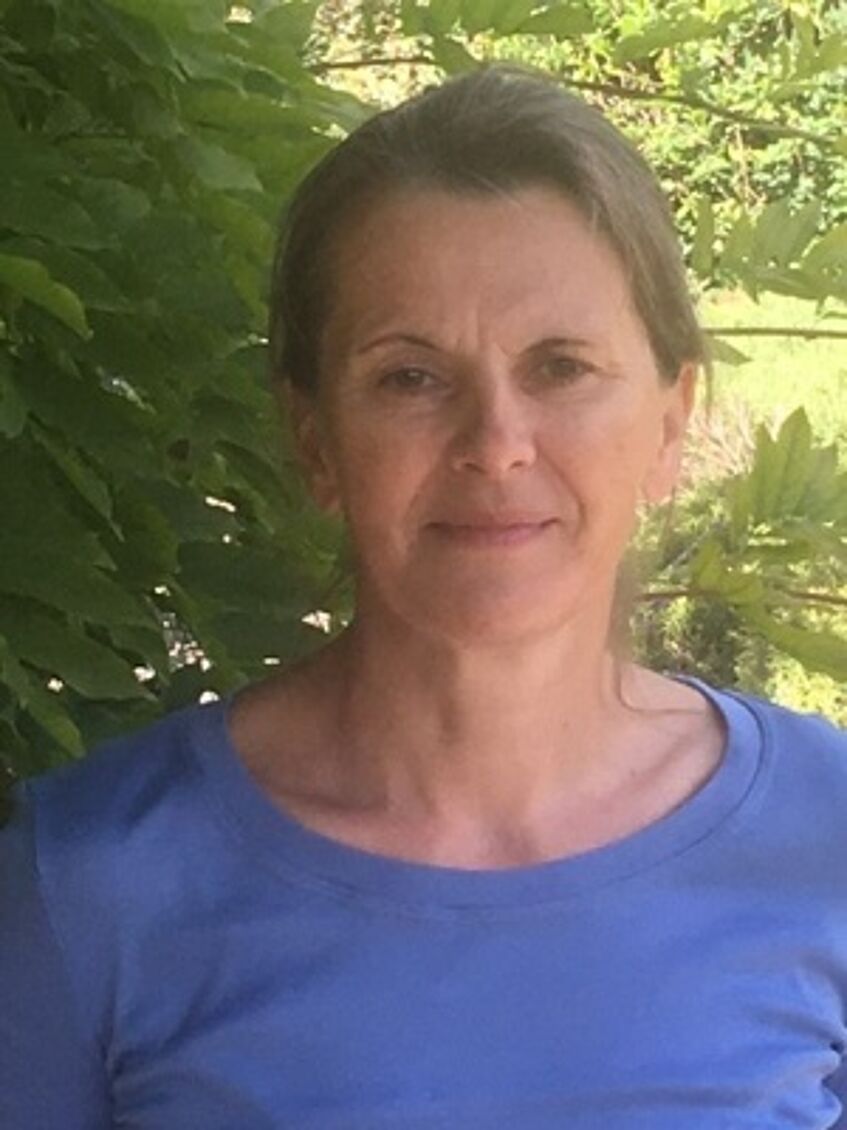
Andrea Lenschow (© Jana Rülke)
Andrea Lenschow
Professor of political science at Osnabrück University; received her PhD from New York University; worked in postdoctoral positions at Erasmus University in Rotterdam, the European University Institute in Florence and at Paris Lodron University in Salzburg; joined the faculty at Osnabrück University in 2003 and works on environmental policy and governance issues in the European Union and with regard to global commodity flows; since 2022 appointed Vice President for International Affairs, Diversity and Academic Staff Development at Osnabrück University; published in major university presses and in high-ranking journals.
Selected Publications: Environmental Policy Contending Dynamics of Policy Change, in: H. Wallace, M. A. Pollack and A. R. Young eds.: Policy Making in the European Union (2014); together with J. Pollex: Surrendering to growth? The European Union's goals for research and technology in the Horizon 2020 framework, in: Journal of Cleaner Production, Vol. 197 (2018); together with J. Pollex: Many faces of Dismantling: Hiding policy change in non-legislative acts in EU environmental policy, in: Journal of European Public Policy, Vol. 27/No. 1 (2019); together with A. R. Zito and C. Burns: The future of European Union Environmental Politics and Policy (2020); together with A. R. Zito and C. Burns: Symposium Introduction: Dismantling, disintegration or continuing stealthy integration in European Union environmental policy? in: Public Administration, Vol. 98/Issue 2 (2020); together with J. Pollex: Sustainable development in action: European Union. In: Duncan Russel and Nick Kirsop-Taylor (eds.). Handbook on the Governance of Sustainable Development. Edward Elgar Publishing, pp. 259-273 (2022); together with A. Schilling‐Vacaflor: Hardening foreign corporate accountability through mandatory due diligence in the European Union? New trends and persisting challenges. Regulation & Governance, 17(3), pp. 677-693 (2023); together with J. Pollex J. When talk meets actions – return to Commission leadership in EU environmental policy-making with the European Green Deal, Journal of European Public Policy, 32(9), pp. 2197-2222 (2025); Environmental Policy: Contending Dynamic of Policy Change. In: H. Wallace, M. Pollack, and A. Young (eds.). Policy Making in the European Union. 9th edition (2025).
Franz-Stefan Meissel
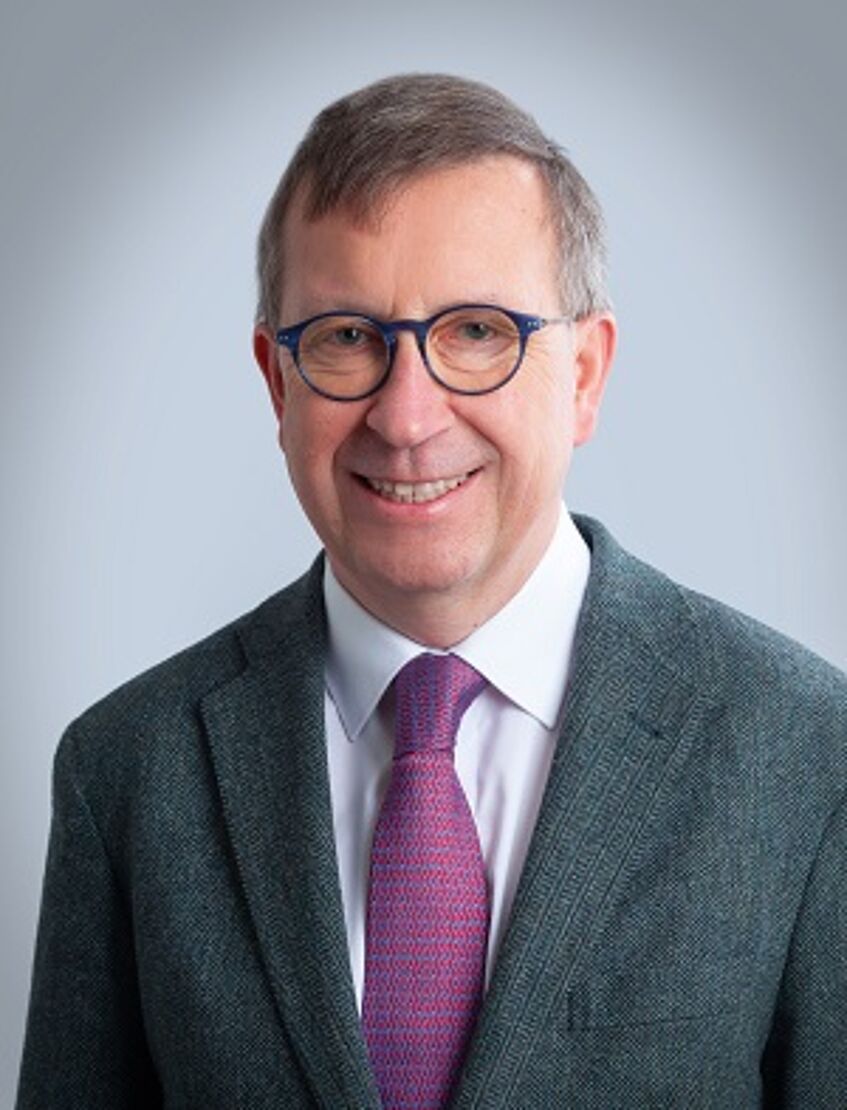
Franz-Stefan Meissel
Franz-Stefan Meissel
Professor of Roman Law and History of European Private Law, University of Vienna; Visiting Professor at the Université Paris Cité and Professorial Lecturer at the Diplomatic Academy in Vienna; Director of the Sommerhochschule; Vice Dean of the University of Vienna School of Law; Speaker of the University of Vienna Advanced Research School in Law and Jursiprudence (Ars Iuris Vienna); chief editor of the Online Journal University of Vienna Law Review; since 2023 elected member of the Academia Europaea.
Selected Publications: Societas (2004, Premio Boulvert 2004); together with N. Benke: Textbooks on the Roman Law of Obligations (2021) and the Roman Law of Property (2024); co-author of: Nationalsozialistisches Steuerrecht und Restitution (2006); Le Code civil autrichien. Un autre bicentenaire (2015); Privatrecht in unsicheren Zeiten. Zivilgerichtsbarkeit im Nationalsozialismus (2017); Grundbegriffe der Rechtswissenschaften (5th ed. 2023).
Werner Neudeck
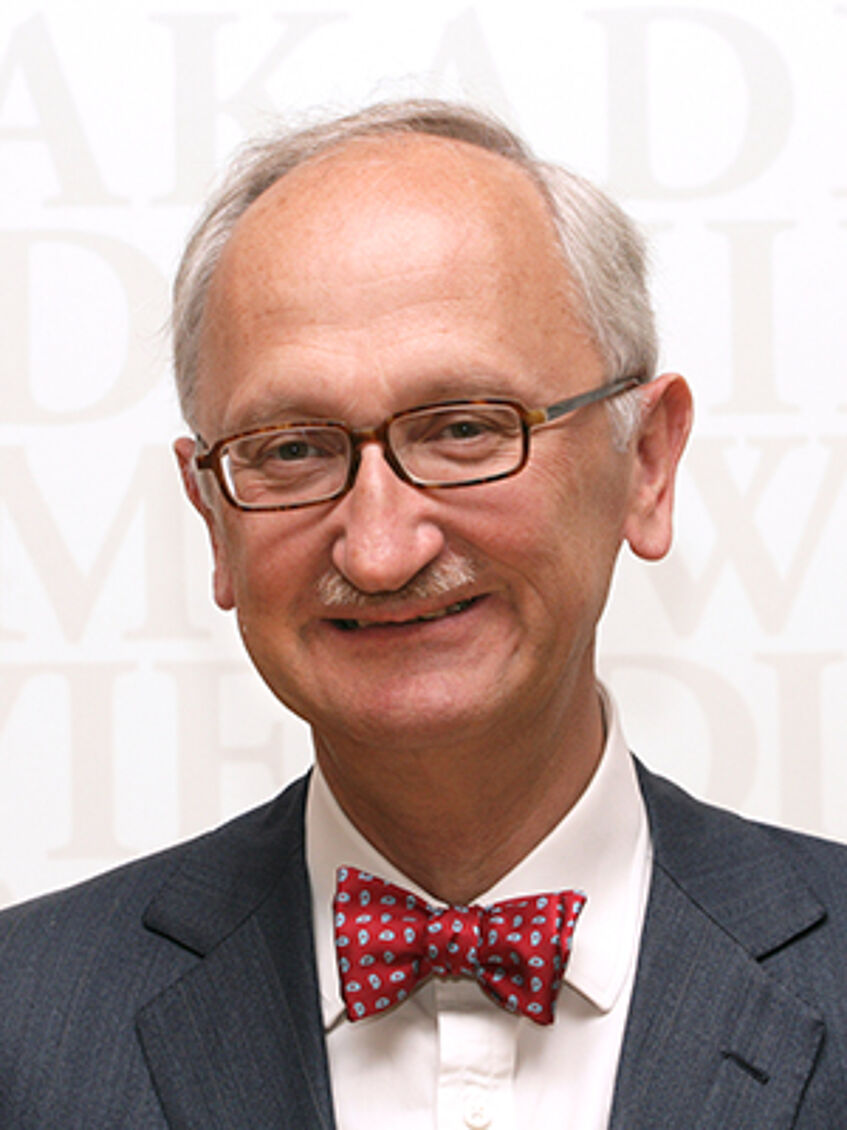
Werner Neudeck
Werner Neudeck
Studied at the University of Vienna (Mag. and Dr. rer.soc.oec.) and the University of Oxford; Professor Emeritus of International Economics and Chairman of the Academic Board at the Diplomatic Academy of Vienna; 1997-2020 Academic Dean of the Master of Advanced International Studies Program (University of Vienna/Diplomatic Academy of Vienna); former AGIP Professor of International Economics at the Bologna Center of the Johns Hopkins University SAIS (1994-1997) and Senior Economist of the International Monetary Fund at the Joint Vienna Institute.
Selected Publications: Fee-for-Service and Quantity Rationing in the Physician Services Market (1991); together with E. Streissler: Wachstums- und Umweltpolitik (1994); together with K. Podczeck: Adverse Selection and Regulation in Health Insurance Markets: An Analysis of Recent Policy Proposals (1996); Das österreichische Gesundheitssystem: Eine ökonomische Analyse (2002); The Global Impact of the EU as an Economic and Monetary Actor (2004).
Paul Oberhammer
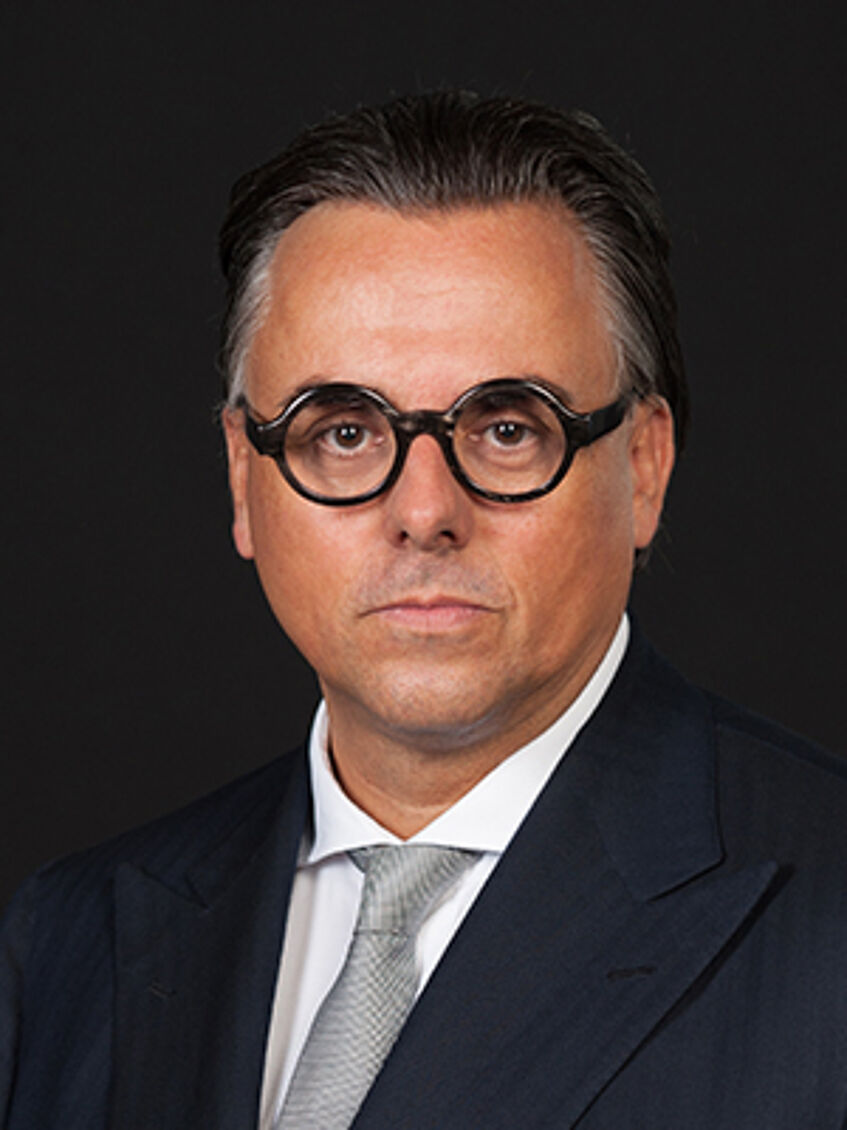
Paul Oberhammer
Paul Oberhammer
Professor at the University of Vienna; admitted to the bar in Hamburg, Germany; serves as of counsel with Wilmer Cutler Pickering Hale and Dorr, London (International Arbitration Practice Group); chairman of the working group that drafted the Austrian law on arbitration which was enacted in 2006; practical experience in different fields of arbitration as sole arbitrator, co-arbitrator and chairman, mainly in international commercial disputes.
Author of about 300 legal publications, among them studies on international arbitration, litigation, civil and commercial law.
Helmut Ortner

Helmut Ortner (© Karo Pernegger)
Helmut Ortner
Founding and Managing Partner at PARAGON Advocacy; focuses on complex multi-jurisdictional disputes both as counsel and arbitrator; admitted to the New York and the Austrian bar; studied economics and law in Innsbruck, Vienna, Harvard, and Yale; honorary professor of international business law and international dispute resolution at the Europainstitute (Saarbrücken, Germany); lecturer on private law, comparative law, and alternative dispute resolution at various universities, including the Universities of Vienna, Linz, and Innsbruck.
Selected Publications: Conflict of Law – Text and Materials (with T. Tiede and B. Koch), (5th ed. 2018); Contractual Performance and COVID-19 (with F. T. Schwarz and J. A. Trenor (eds.) (2020); Applicable Law in International Arbitration (with M. Kern and K. Plavec) (2020); The Rule of Law in International Commercial Arbitration (with M. Hackl), ZEuS 04/2024, 459; Pacta Sunt Servanda’s Soliloquy Amidst Sanctions (with V. Korom and M. Neumann), ZEuP 03/2005, 494; Concise Encyclopaedia of International Commercial Arbitration (with P. Peters) (ten entries in Franco Ferrari et al, eds.) (2025).
Oliver Rathkolb
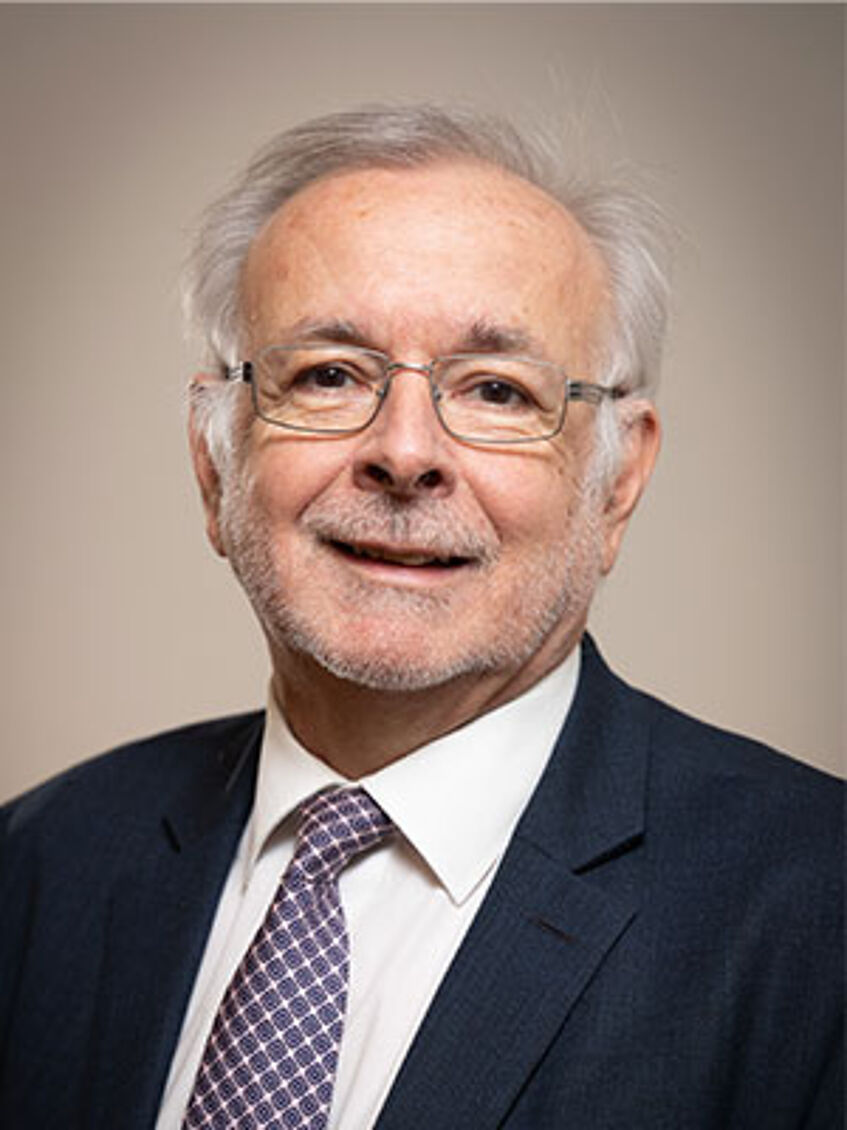
Oliver Rathkolb (© Parlamentsdirektion Ulrike Wieser)
Oliver Rathkolb
Professor at the University of Vienna Department of Contemporary History (2006-2024); chairperson of the Vienna Institute for Cultural and Contemporary History and Arts (VICCA) and the international scientific advisory board of the House of European History (European Parliament, Brussels); member of the advisory board of the Jewish Museum Vienna and the Archive of the Salzburg Festival.
Author of several books focusing on contemporary history; editor and co-editor of several studies concerning interdisciplinary questions of contemporary history and communications/media history; managing editor of the journal “zeitgeschichte” and the publication series “Zeitgeschichte im Kontext”; his prize-winning study “The Paradoxical Republic: Austria 1945–2020” was published in 2021; his study on „Economy of Fear. The Return of the Nervous Age“ (2025) compares the effects of turbo-globalizations on societies in Europe per 1914 and since the late 1980s.
Friederike Schäfer
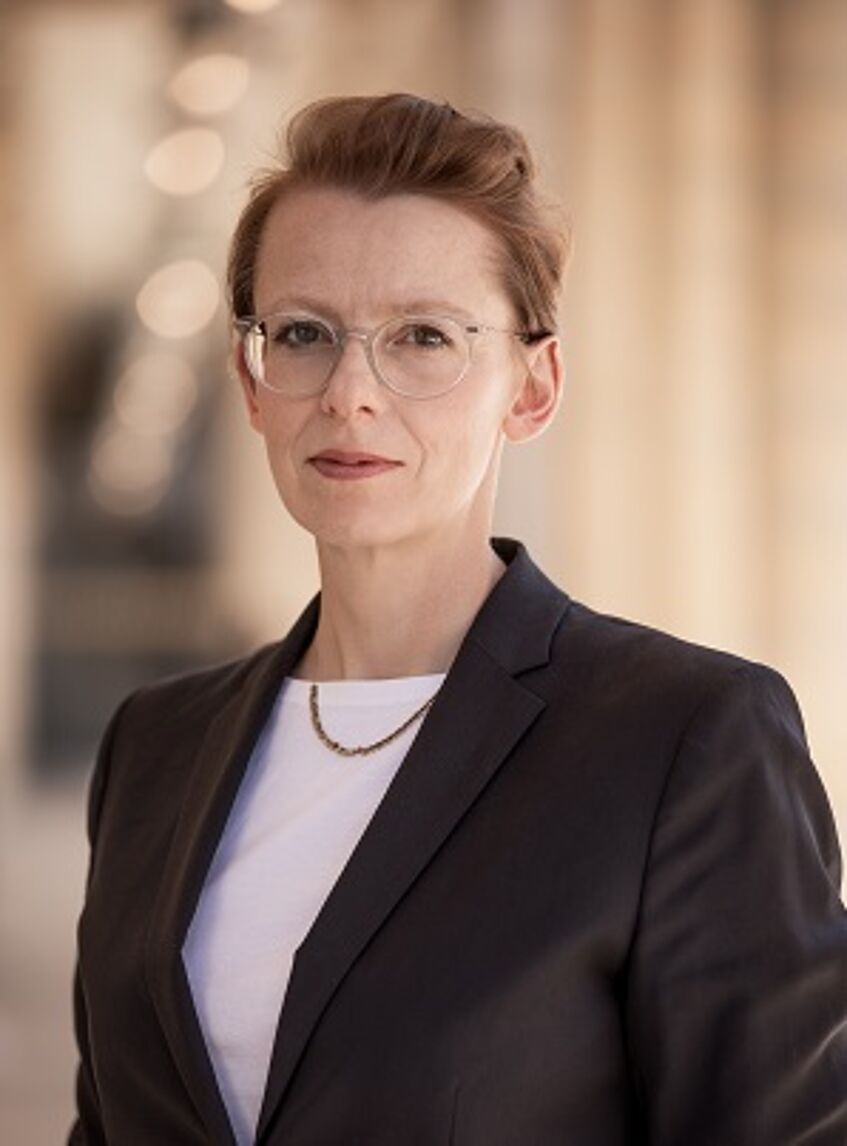
Friederike Schäfer (© Friederike Schäfer)
Friederike Schäfer
Partner with Zeiler; graduate of the University of Freiburg, Germany and admitted to the bar in Germany and Austria; worked several years in private practice and as Counsel in the Secretariat of the ICC International Court of Arbitration; handled hundreds of ICC proceedings and scrutinized hundreds of awards; experience with various other arbitration rules, such as VIAC, UNCITRAL and DIS; advises clients at all stages of a dispute and is active as arbitrator and party representative; since joining Zeiler she focused on various aspects of the energy sector and financing matters as well as on commercial and corporate matters; she regularly lectures on international arbitration at international and national conferences.
Authored numerous publications on international arbitration, private international law and other areas of law.
Bernhard Schima
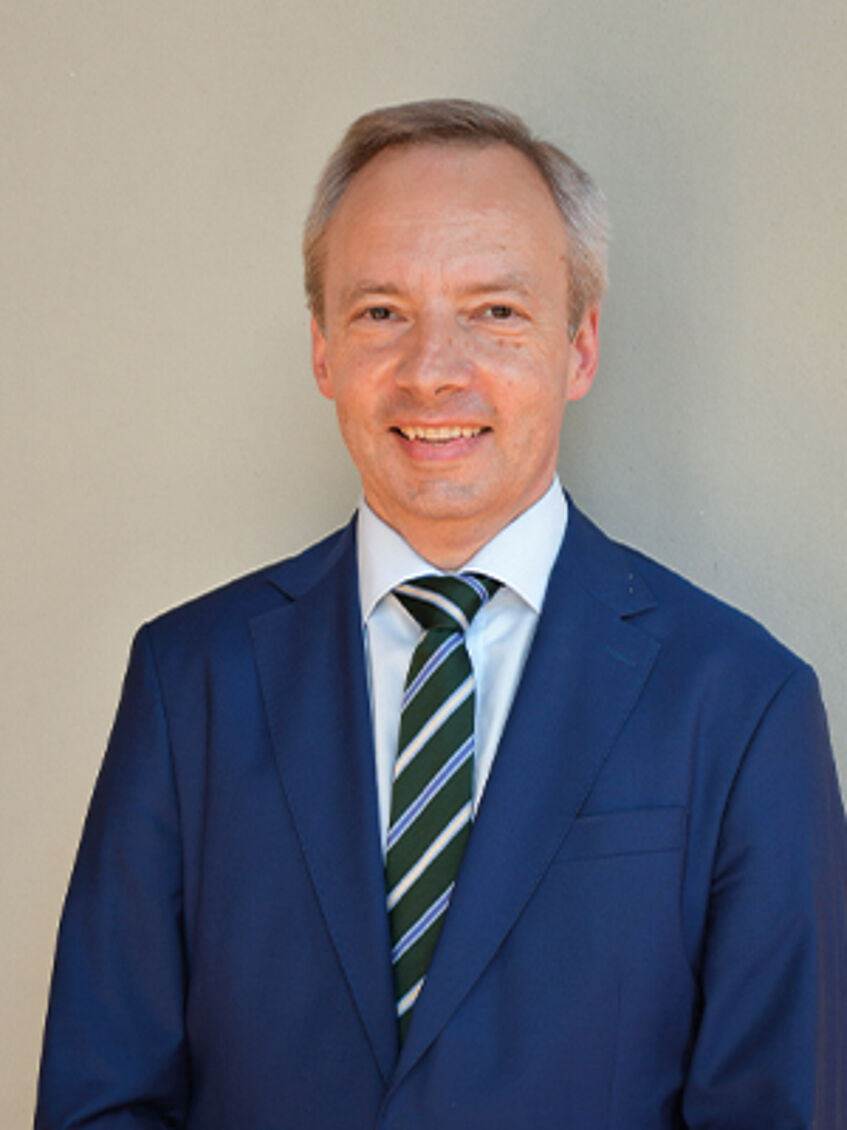
Bernhard Schima (© SHS)
Bernhard Schima
Director and Principal Legal Adviser in the European Commission's Legal Service; studied law in Vienna (magister iuris 1991, doctor iuris 1994) and Paris and at Harvard Law School (LL.M. 1994); from 1995 to 2003 member of the chambers of Judge Dr Peter Jann at the Court of Justice of the EU; joined the European Commission’s Legal Service in 2003; postdoctoral qualification to lecture in European law (Habilitation) obtained at the University of Graz in 2004; honorary professor of European Law at the Vienna University of Economics and Business (since 2010).
Selected publications: Das Vorabentscheidungsverfahren vor dem EuGH. Unter besonderer Berücksichtigung der Rechtslage in Österreich und Deutschland (3rd ed. 2015); EU fundamental rights and Member State action after Lisbon: putting the ECJ's case law in its context, Fordham International Law Journal 2015, 1097-1133; author and co-author of several contributions in: Jaeger/Stöger (eds.), Kommentar zu EUV und AEUV, and in: Kellerbauer/Klamert/Tomkin (eds.), Commentary on the EU-Treaties and the Charter of Fundamental Rights (2nd edition 2024).
Andreas Schloenhardt

Andreas Schloenhardt (© Andreas Schloenhardt)
Andreas Schloenhardt
PhD (University of Adelaide); Professor of Criminal Law, School of Law, The University of Queensland, Brisbane, Australia; Honorary Professor of Foreign and International Criminal Law, University of Vienna, Austria; consultant to the United Nations Office on Drugs and Crime (UNODC), Vienna; Visiting Professor, University of Zurich, University of St Gallen, Switzerland, and University of Ferrara, Italy; principal areas of research: criminal law, organized crime, smuggling of migrants, trafficking in persons, wildlife and forest crime, irregular migration and immigration and refugee law; adjunct appointments and visiting professorships at Bucerius Law School, Hamburg (2016 and 2013); National University of Singapore Faculty of Law (2011), University of British Columbia, Vancouver (2007–2009); Monterey Institute of International Studies, Monterey, CA (2006–2009); recipient of a Fellowship from the Winston Churchill Memorial Trust (2011-2012).
Monika Schwärzler-Brodesser
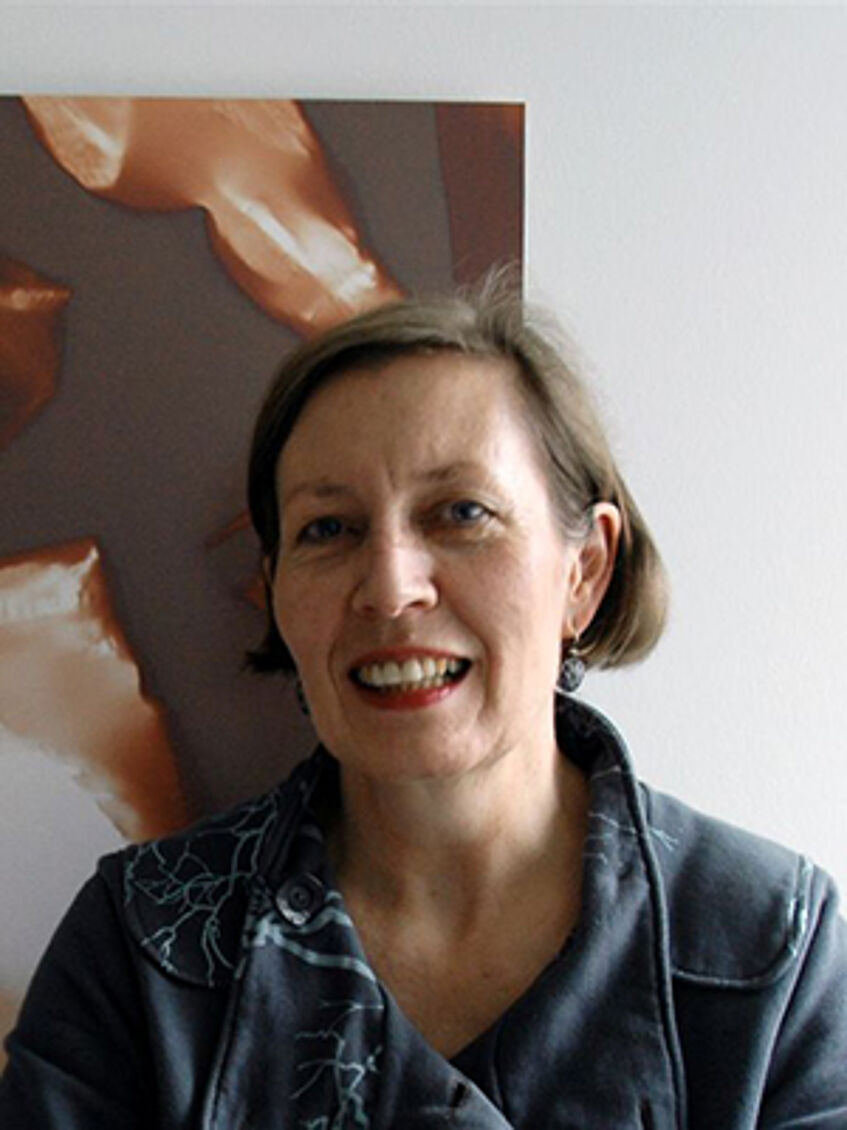
Monika Schwärzler-Brodesser (© Fangni Wang)
Monika Schwärzler-Brodesser
Retired Professor and former Head of the Art Department at Webster Vienna Private University; doctorate in Philosophy from the University of Vienna; graduate training at the Museum of Modern Art in Vienna; taught at Webster University in St. Louis (USA), the study abroad program of the University of Oregon and Wittenborg University of Applied Sciences; lectured in postgraduate museology programs at the University of Basle (Switzerland) and the Federal Academy in Wolfenbüttel (Germany); lecturer at the univie: winter school of the Sommerhochschule (University of Vienna), as well as at the Department of Image Science at the Danube University Krems; founder and chair of the T.K. Lang Gallery at Webster University; work as free-lance writer; current fields of research: art and media theory, visual culture, creative writing.
Selected Publications: Digital Worlds and the Sound of Violence, in: N. Billias, L. Praeg eds.: Creating Destruction. Constructing Images of Violence and Genocid (2011); The Beast – On the Photographic Staging of the Large Hadron Collider at the Nuclear Research Center in Geneva, in: U. Fischer-Westhauser, U. Schögl eds.: PhotoResearcher 19 (2013); Psychisches Ding-fest machen. Franz West und Markus Schinwald – Herr(n) des Signifikanten. in: texte. psychoanalyse. ästhetik. kulturkritik, Heft 3 (2014); At Face Value and Beyond. Photographic Constructions of Reality (2016); Good Girls Grimacing. Grimacing and the Economy of Excess, in: Grimace. Membrana no. 2 (2017); Fotografie ohne Fotograf*innen, in: Fotogeschichte. Beiträge zur Geschichte und Ästhetik der Fotografie, Heft 157 (2020); Talkative Skin / Skin Talking Back: On Iris Andraschek's Where to Draw the Line. in: Skin. Membrana – Journal of Photography, Theory and Visual Culture Vol.6 no.2 (2021).
Slavica Serdar
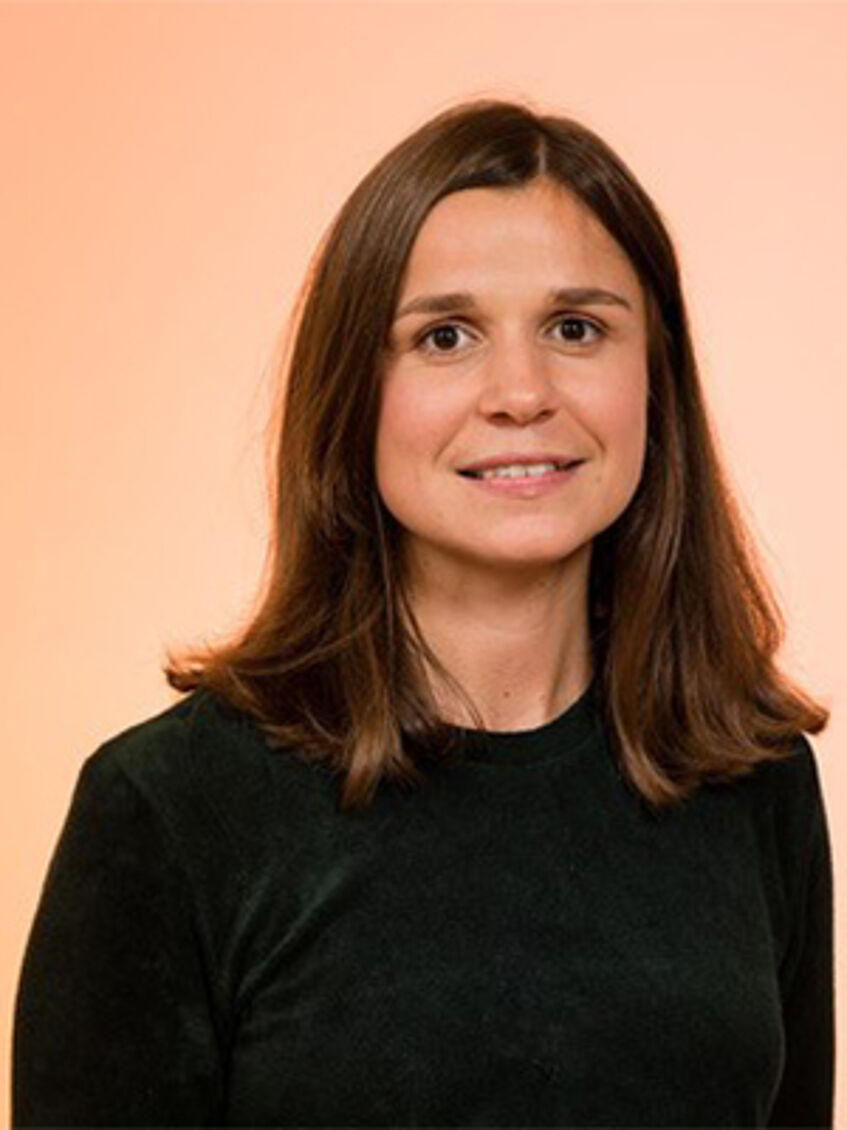
Slavica Serdar
Slavica Serdar
Master in Translation Studies (German, English and Croatian) at the Department of Translation Studies in Graz; studied translation studies at the Dublin City University; certificate in German as a Foreign/Second Language from the University of Graz; currently teaching German courses at the Language Center of the University of Vienna.
Patricia Shaughnessy
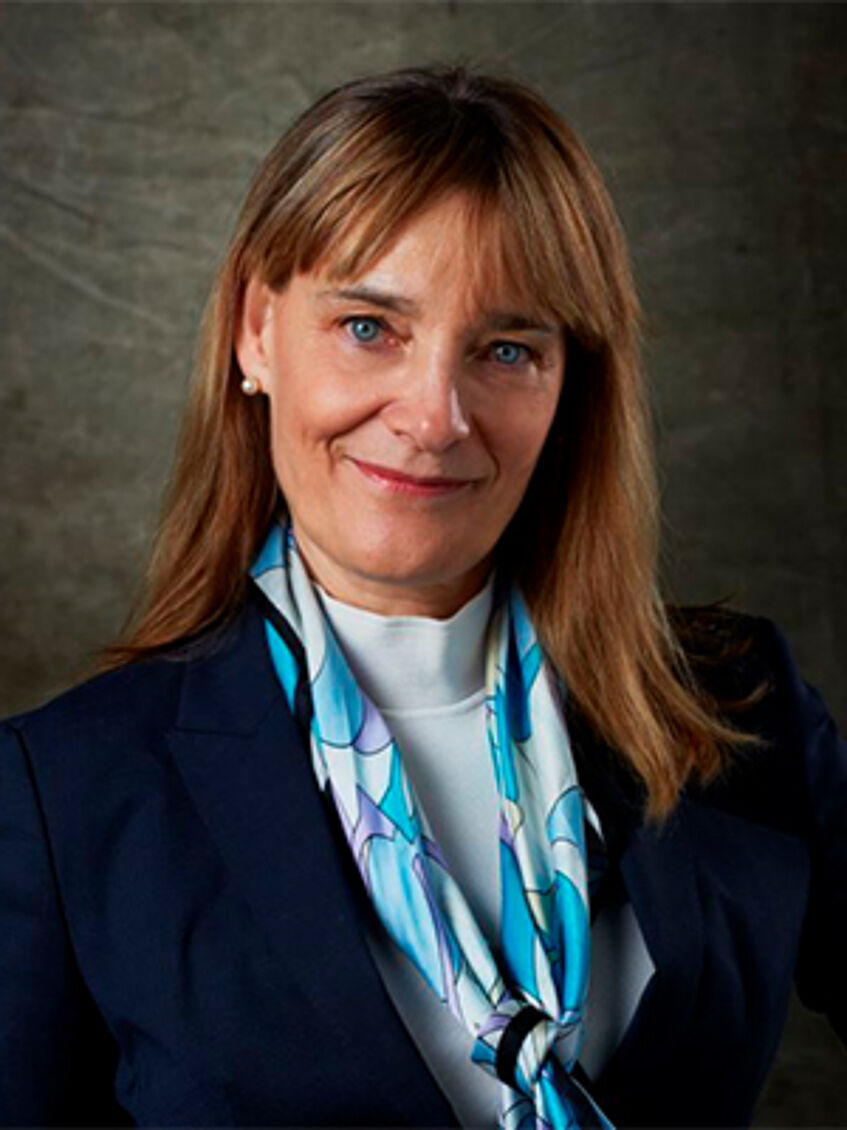
Patricia Shaughnessy (© Stockholm University)
Patricia Shaughnessy
Professor at Stockholm University where she created the Master of International Commercial Arbitration Law Program; specializes in international disputes and commercial law; a member of the ICC Court of Arbitration and ICC Commission; was a board member and Vice-Chair of the SCC Arbitration Institute, as well as a member of the drafting committees for the SCC Rules; government-appointed expert on the legislative committee for the 2019 revisions to the Swedish Arbitration Act; acts as an arbitrator, expert, and consultant, and leads projects related to commercial law and dispute resolution in many countries; has served as a fellow to the US Supreme Court; practiced law for ten years in the US; President of the Vis Moot Organization.
She publishes extensively and is a frequent speaker at leading universities and international conferences.
Martin Siostrzonek
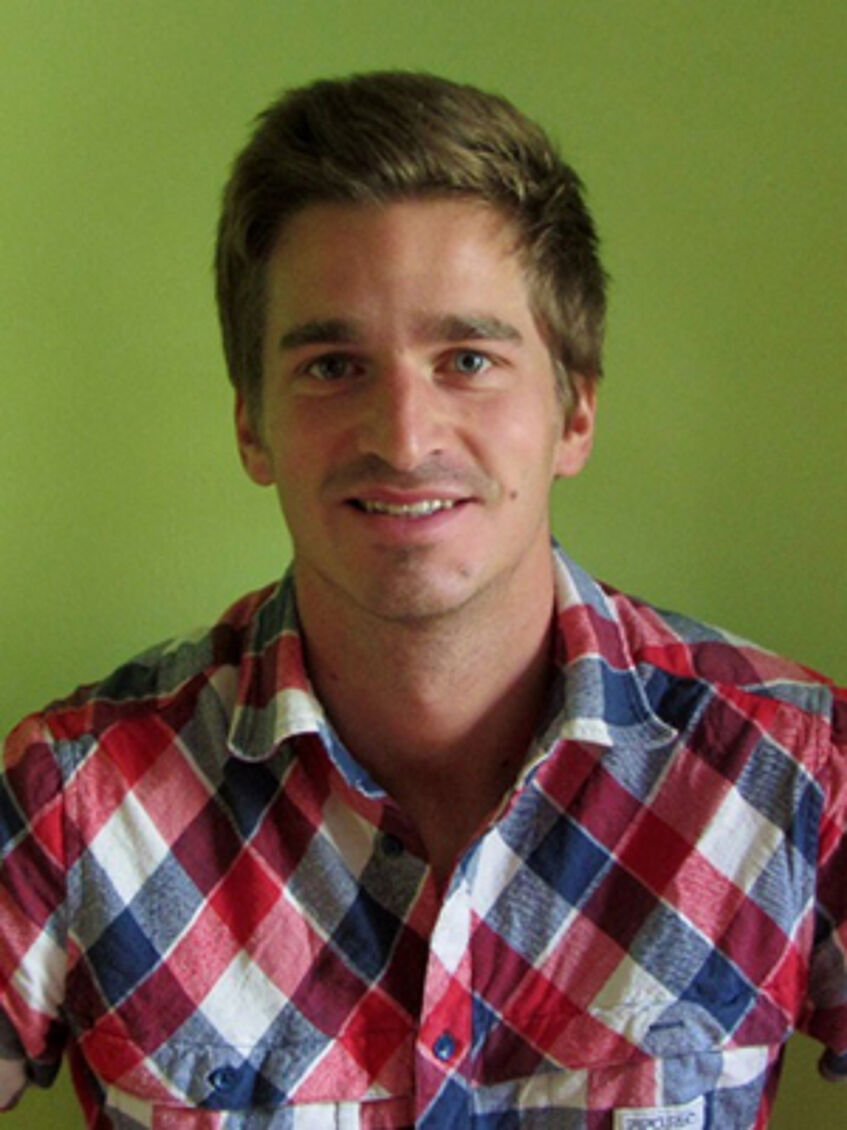
Martin Siostrzonek (© Martin Siostrzonek)
Martin Siostrzonek
Mag.rer.nat.; high school teacher, tennis instructor, fitness coach, certified snowboard and ski instructor, emergency medical technician, qualification in the field of German as a Foreign and Second Language; spoken languages: German, English, Spanish, Portuguese, and French.
Verica Trstenjak
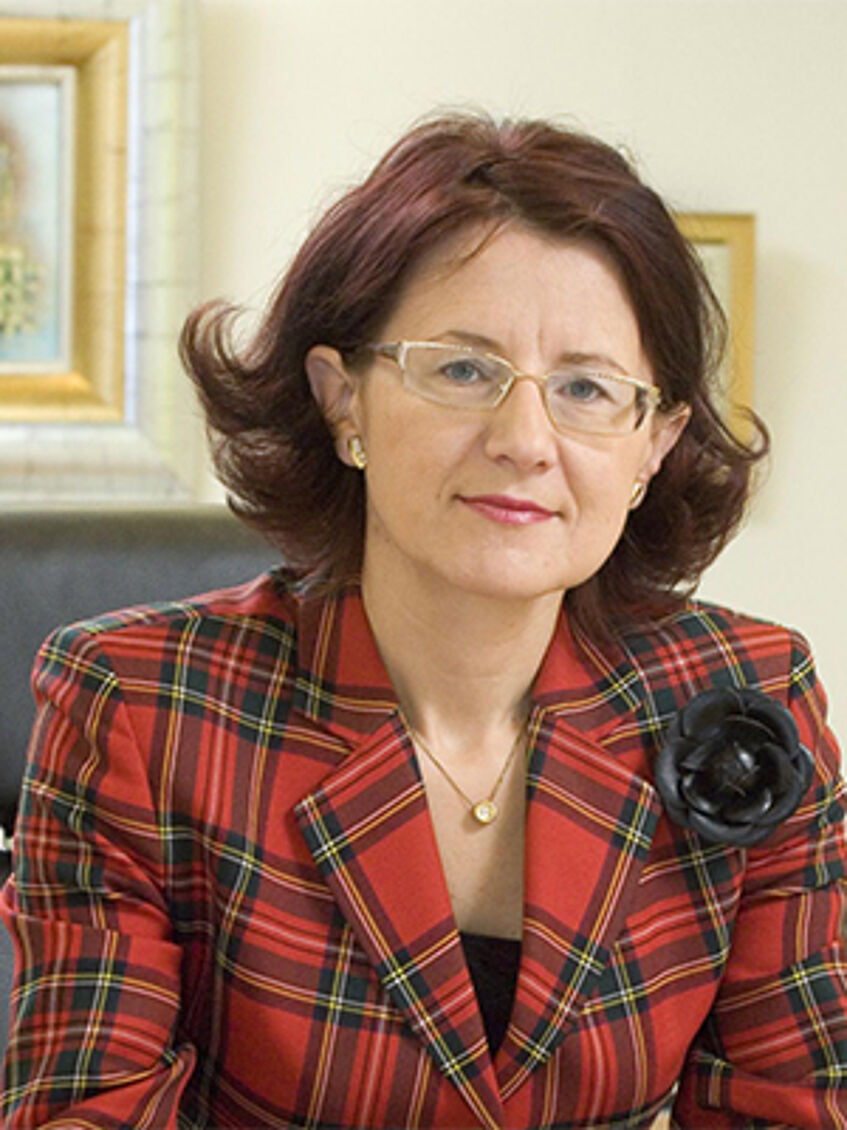
Verica Trstenjak (© Curia)
Verica Trstenjak
Professor of European Law at the University of Ljubljana and at the LLM program at the University of Vienna; external scientific member of the Max Planck Institute Luxemburg; member of the management board and the executive board of the EU Agency for Fundamental Rights; judge at the General Court of the European Union (2004-2006); Advocate General of the European Court of Justice in Luxembourg (2006-2012); lectured at different international and European conferences (e.g. general reporter at the International Conference of Comparative Law 2014 and keynote speaker at the International Conference of Consumer Law 2015); member of the editorial board of several important legal journals (European Law Review, European Journal of Consumer Law, Italian Law Journal and others); member of the International Academy of Comparative Law and of Academia Europaea as well as founding member (and from 2013 also council member) of the European Law Institute (ELI); member of the Permanent Court of Arbitration (PCA) in The Hague; published several books and more than 280 articles (also with SSCI).
Selected Publications: together with P. Weingerl: The Influence of Human Rights and Basic Rights in Private Law (2016); Procedural Aspects of European Consumer Protection Law and the Case Law of the CJEU, in: European Review of Private Law. No. 2 (2013).
Karl Vocelka
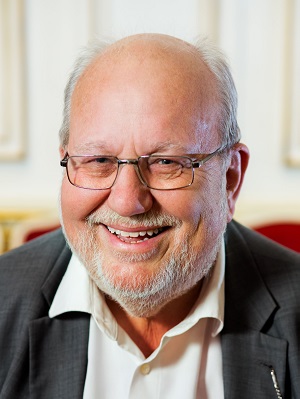
Karl Vocelka
Karl Vocelka
Retired Professor of History, former Head of the Department of History of the University of Vienna; former Visiting Assistant Professor at Stanford University; elected President of the Institut für die Erforschung der frühen Neuzeit; guest lecturer in numerous American programs in Vienna (University of Oregon, Duke University, Sweet Briar, IES etc.).
Selected Publications: Trümmerjahre. Wien 1945 – 1949 (1985); Die Habsburger. Eine europäische Familiengeschichte (1992); Geschichte Österreichs. Kultur – Gesellschaft – Politik (2000); Österreichische Geschichte (2005); Geschichte der Neuzeit 1500-1918 (2009); together with M. Vocelka: Franz Joseph I. Kaiser von Österreich und König von Ungarn 1830-1916. Eine Biographie (2015); together with W. Klinger: Wine in Austria. The History (2019), and more than 150 articles.
With all faculty members at Sommerhochschule, I had opportunity to acquire the most advanced knowledge and to develop the necessary skills and attitudes so vital for me in future."
Ivana Premerl (Croatia)
